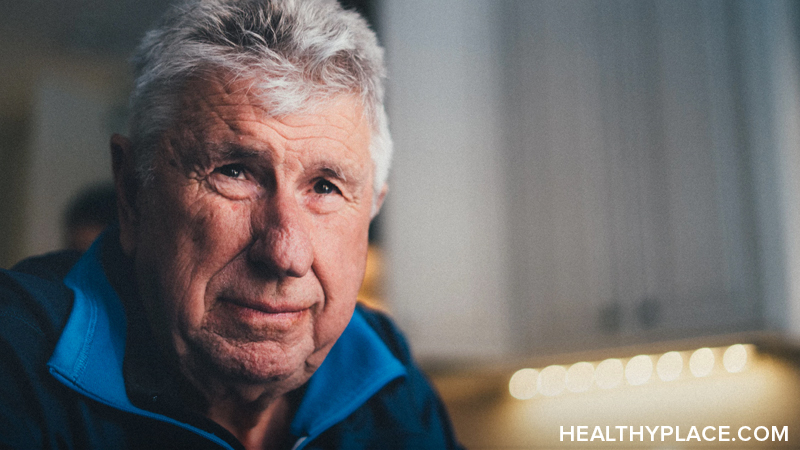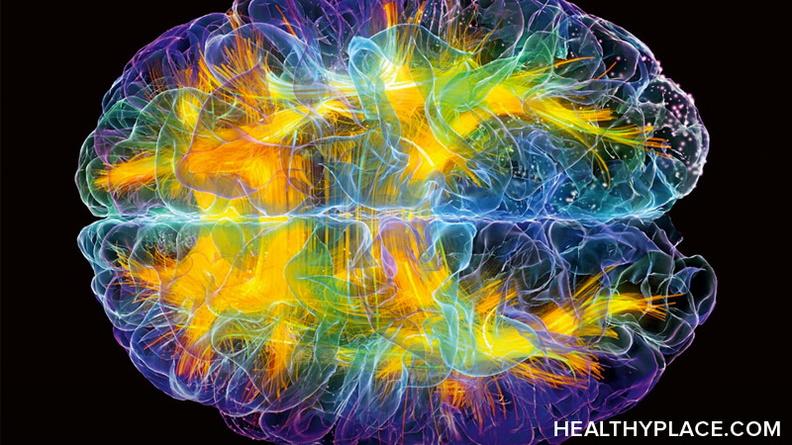ADHD and Impulsivity: How Meditation Can Help
 Meditation for ADHD impulsivity might seem like a ridiculous idea. How can a practice that involves stillness possibly help a disorder that makes stillness of the mind, body, or both nearly impossible? Isn’t it a bit like recommending running a marathon to fix a broken leg?
Meditation for ADHD impulsivity might seem like a ridiculous idea. How can a practice that involves stillness possibly help a disorder that makes stillness of the mind, body, or both nearly impossible? Isn’t it a bit like recommending running a marathon to fix a broken leg?
Admittedly, ADHD makes sitting still and focusing attention very difficult. However, studies show that doing so makes it possible. While it’s not a cure for ADHD, meditation can truly help ADHD and impulsivity.
Meditation, Mindfulness, and Impulsivity
In deciding if meditation is right for you, it can be helpful to know what meditation is. Without knowing the big picture, it’s natural to be skeptical about meditation’s ability to decrease ADHD impulsivity.
Meditation is a broad term that refers to the practice of concentrating and self-regulating, and there are many different ways to meditate (Bushak, 2016). One of the many styles of meditation is a practice known as mindfulness. Mindfulness involves focusing on one’s senses to be fully present in the moment.
It is mindfulness meditation in particular that is helpful for reducing impulsivity. In one study, trends showed that people high in mindfulness were low in impulsivity (Trapp, 2011). The idea, if not the practice, is simple: if you are fully focused on what you are doing or what is happening in the moment you’re in, you’re less likely to act on an impulse to go do something else.
One of the beliefs about meditation is that it involves emptying the mind of all thoughts and emotions. Trying to do that may actually cause more stress and difficulties for someone with ADHD. Mindfulness meditation isn’t about emptying the mind; instead, it’s about learning to focus the mind, to accept the signals we’re receiving, and to control our behavior—and impulsivity (Nauman, 2014). Mindfulness helps people with ADHD learn how to focus at work and add an ADHD impulsivity strategy to the toolbox.
Benefits of Mindfulness Meditation for ADHD Impulsivity
Mindfulness has been shown to benefit the brain—including the ADHD brain—in multiple ways. Mindfulness meditation:
- Affects changes in the brain itself, including within the prefrontal cortex, the region important in impulse control and other forms of self-control
- Increases one’s awareness of distractions
- Helps people recognize unproductive states of mind in order to refocus
- Allows people to control their thinking and focus their attention even after mentally taxing activities
- Increases awareness of thoughts and feelings, which allows people to pause before impulsively acting
According to Bank (2015), “Mindfulness facilitates attentional regulation.” In helping people regulate their attention, thus decreasing impulsivity, mindfulness mediation can indeed help ADHD impulsivity.
How to Practice Mindfulness Meditation with ADHD
Meditation often conjures an image of a person sitting serenely, cross-legged, lips turned upward in a small smile, content to remain like this, unmoving, for an indefinite amount of time. If you have ADHD, chances are this image creates in you a strong urge, an impulse if you will, to run away screaming. Rightfully so. To someone with ADHD, sitting still like this can be torturous. Before you act on that impulse to run away from mediation, check out these suggestions for practicing mindfulness meditation when you have ADHD.
Mindfulness meditation can be an active meditation. Doing things while meditating actually helps increase focus and decrease impulsivity as well as negative emotions like irritability (Surman & Bilkey, 2013). Active meditation can include:
- Tuning into the senses—touch, sight, smell, sound, and even taste if appropriate, as in mindful eating
- Going for a walking meditation, taking in the world around you as you go
- Doing yoga or just a series of stretches, feeling the movement of your body, your feet on the floor, etc.
- Swimming, concentrating on the rhythmic laps, feeling the water, concentrating on your muscles moving, etc.
- Practicing concentrated distraction, the act of keeping your hands busy expends physical energy and increases focus
You can “do” mindfulness meditation your way. The idea is to improve concentration, increase awareness of your thoughts, emotions, and other sensations, and in doing so reduce impulsivity.
Mindfulness meditation is a tool for decreasing ADHD impulsivity. It can work well, but it does take practice and time. Be patient with yourself and trust the process. With meditation, you’ll build self-control and decrease impulsivity.
APA Reference
Peterson, T.
(2021, December 20). ADHD and Impulsivity: How Meditation Can Help, HealthyPlace. Retrieved
on 2025, October 24 from https://www.healthyplace.com/self-help/adhd/adhd-and-impulsivity-how-meditation-can-help








